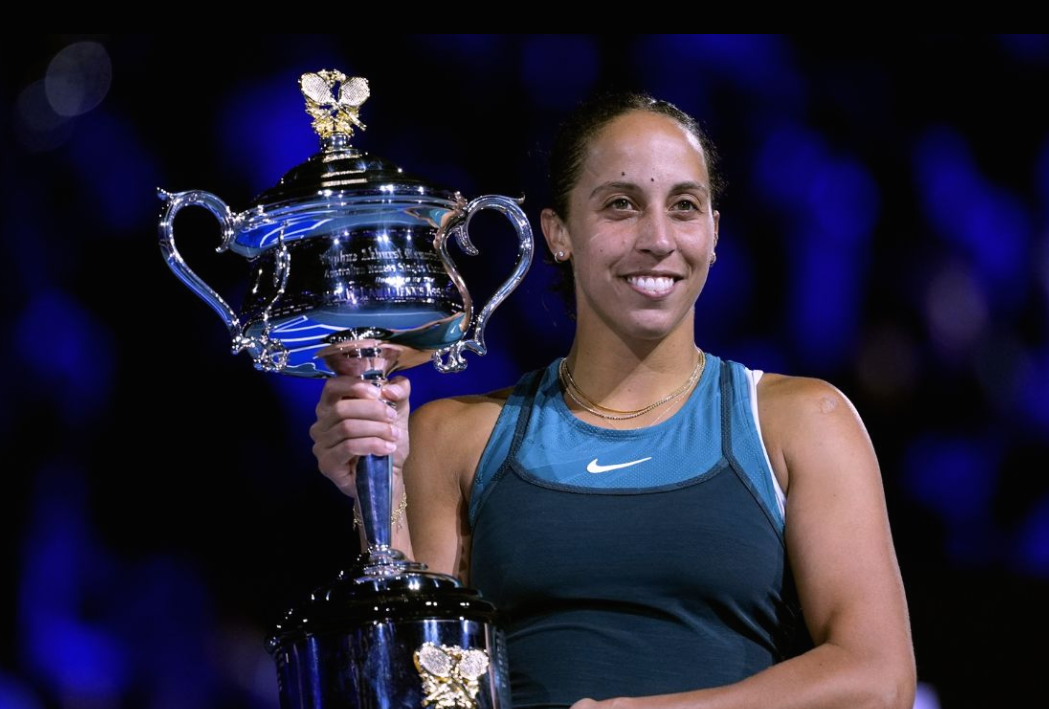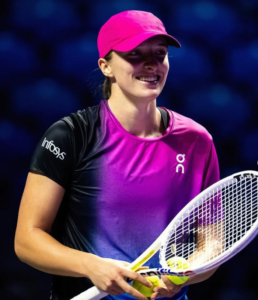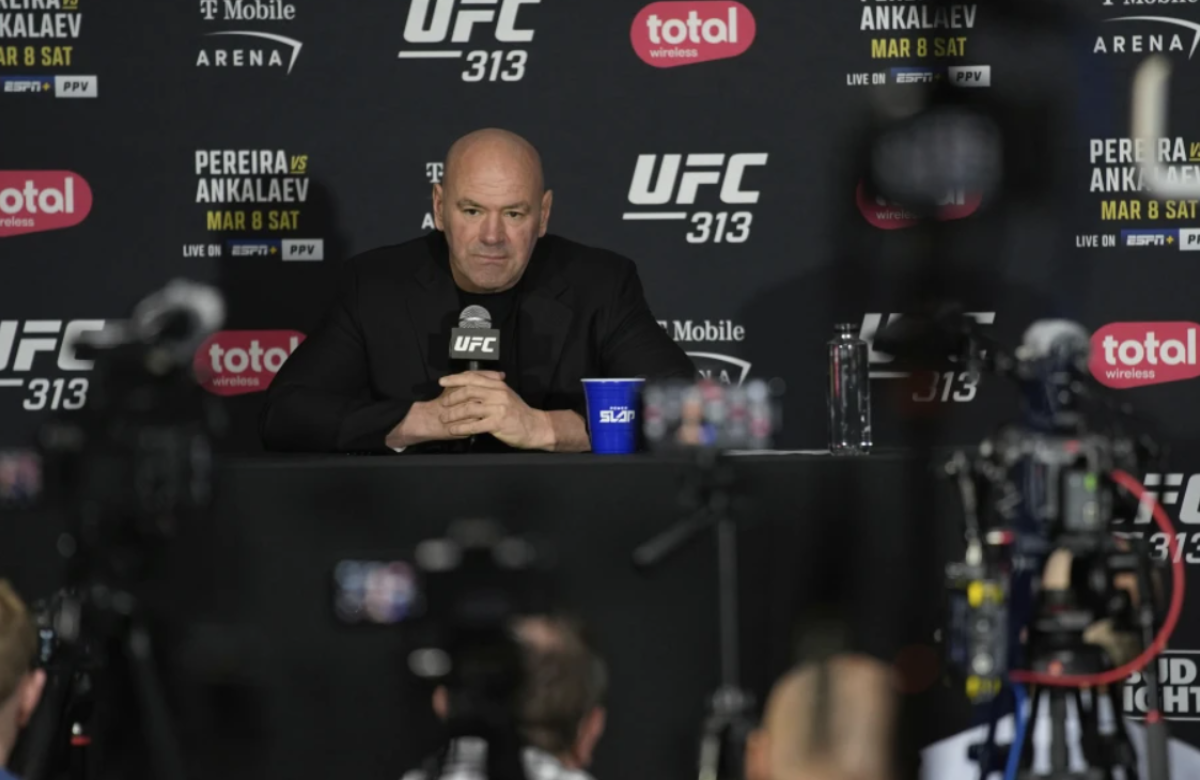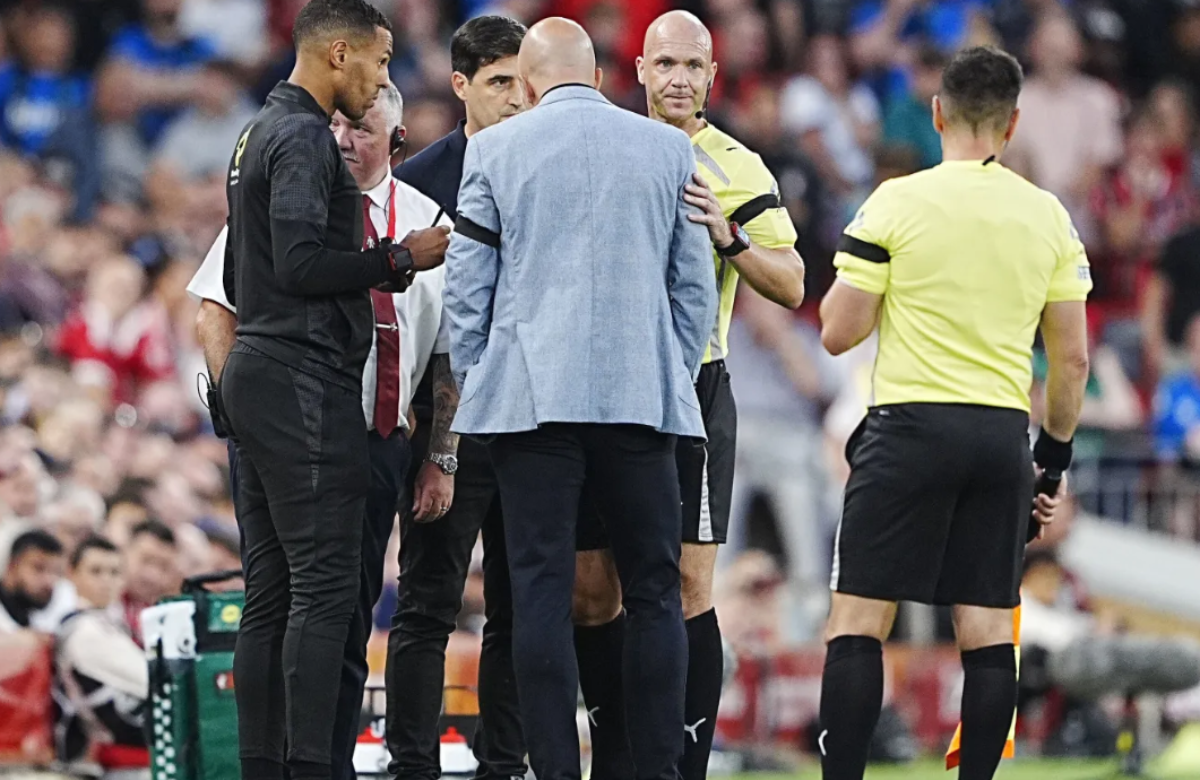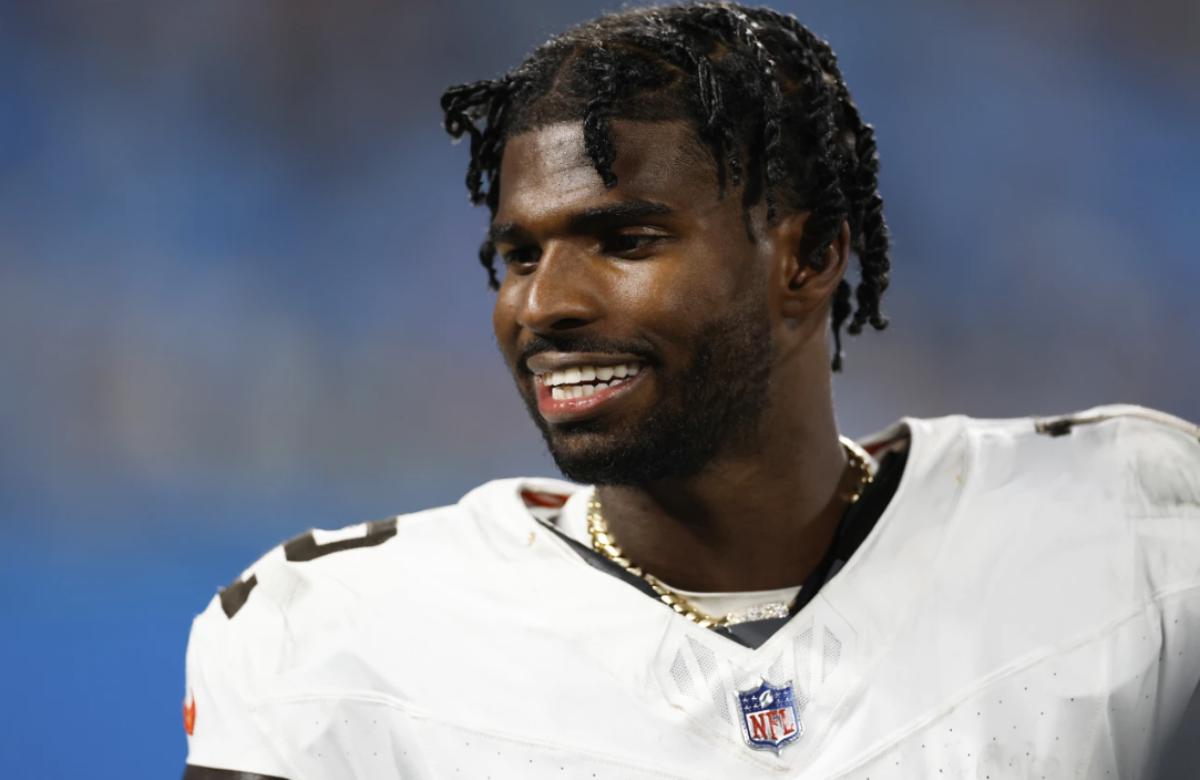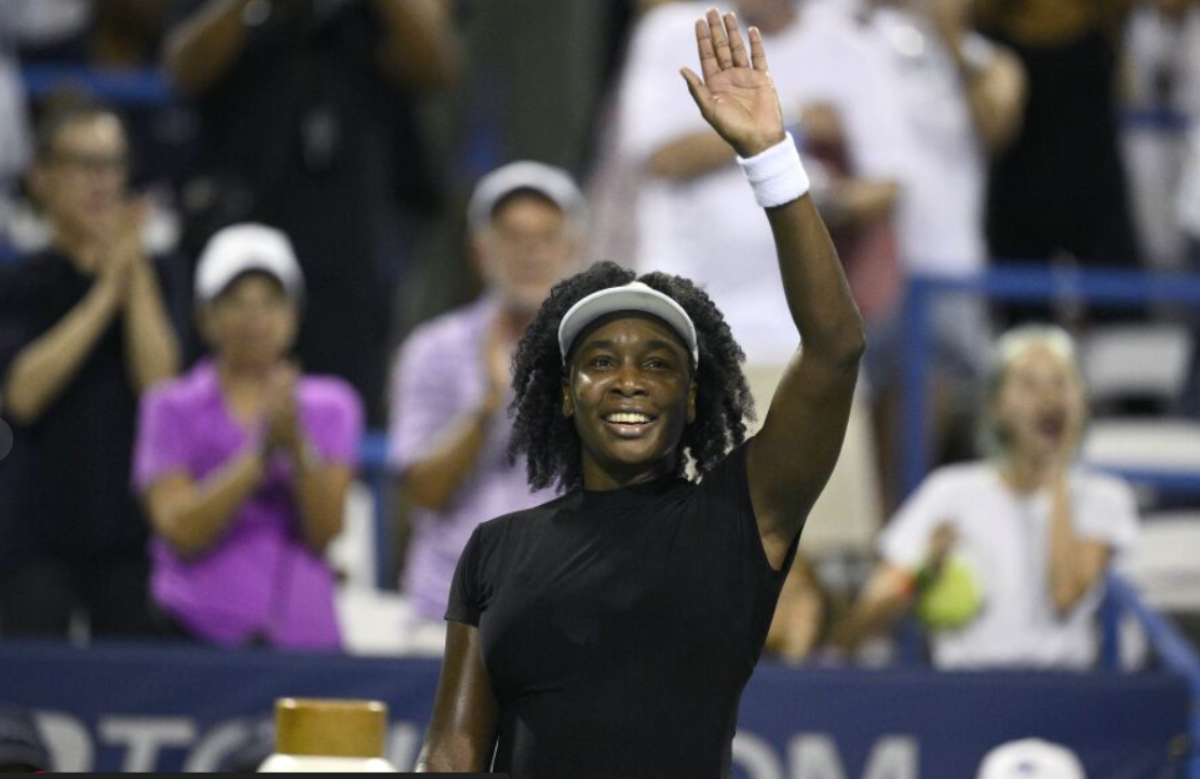Madison Keys found herself facing the biggest moments of her tennis career during the third set of the Australian Open final against two-time defending champion Aryna Sabalenka. With the score tied at 5-all and 30-all, Keys focused on staying positive and embracing the challenge. She reminded herself to be brave and aggressive, telling herself, “Go for it.”
Rather than worrying about nerves or the pressure of the situation, Keys chose to focus on being proud of her performance, regardless of the outcome. Her mantra helped her stay grounded, and she went on to win her first Grand Slam title with a 6-3, 2-6, 7-5 victory over the No. 1-ranked Sabalenka in the final at Rod Laver Arena.
Madison Keys focused on being aggressive throughout every point in the final. She decided that if she missed a shot or failed to execute, she could accept it, as long as she wasn’t left with any regrets about playing too passively. She didn’t want to look back and think, “I should have done something different.” Reflecting on the match, she explained how she kept repeating this mindset to herself, staying focused on being bold and decisive in the moment.
Madison Keys credited many people for her success, including her team, with special mention of Bjorn Fratangelo—her longtime partner, coach since mid-2023, and now her husband. She also thanked her therapist, who she had been in frequent contact with over the past two weeks, as well as her friends on tour who supported her during tough times.
She emphasized that everyone around her believed in her, and, recently, she had started to believe in herself as well.
In her post-match press conference, Keys spoke about how her perspective and mindset had shifted over time.
Madison Keys used to worry about not living up to the expectations that had followed her since she was a young teenager. The pressure only grew when she made her first Grand Slam semifinal at Melbourne Park at age 19, where she lost to Serena Williams. She also believed her tennis career wouldn’t mean much unless she won a major title. Keys thought the top players never experienced nerves like she did during her first Grand Slam final at the U.S. Open at age 22, where she lost to Sloane Stephens.
Over time, however, Keys let go of these concerns. She realized it was okay not to obsess over what others thought, and it was okay if she never won a Slam. She accepted that nerves were part of the process, and that even the greatest players push through discomfort to succeed.
Bjorn Fratangelo, her coach and former player, shared during the tournament that nerves had been a part of Keys’ career, just like they were for Novak Djokovic and Roger Federer. “It’s just how you deal with it,” Fratangelo said, adding that Keys had begun handling it in a much better way.
Throughout her tournament run, Madison Keys showed remarkable resilience, winning five three-set matches and defeating four top-10 seeds, including No. 1 Aryna Sabalenka, No. 2 Iga Swiatek, No. 6 Elena Rybakina, and No. 10 Danielle Collins. Among those victories were wins over three major champions: Sabalenka, Swiatek, and Rybakina. No woman had defeated the top two ranked players in a single major since 2009.
Swiatek described Keys’ play as “brave,” especially highlighting how she saved a match point and prevailed in their final-set tiebreaker.
Reflecting on her performance, Keys said after the match that she truly believed she could win the final on Saturday. She executed her game brilliantly, both early in the match and at crucial moments against Sabalenka.
In the decisive third set, with the score tied at 5-all and 30-all, Keys took control, winning six of the final eight points. She delivered powerful forehand winners to hold serve and then broke Sabalenka’s serve for the only break of the set. She closed out the match with another forehand winner.
Sabalenka admitted, “If she can play consistently like that, I mean, it’s not much you can do.”
Madison Keys showed incredible bravery and aggression throughout her run.
Reflecting on her journey, Keys remarked that her first semifinal at the Australian Open felt like it happened a lifetime ago. “I honestly felt like I was a different person back then,” she said. “So many things have happened over the past decade.” She acknowledged how all of those experiences had built up, leading her to a place where she could finally play at her best and walk away with a Grand Slam title.
